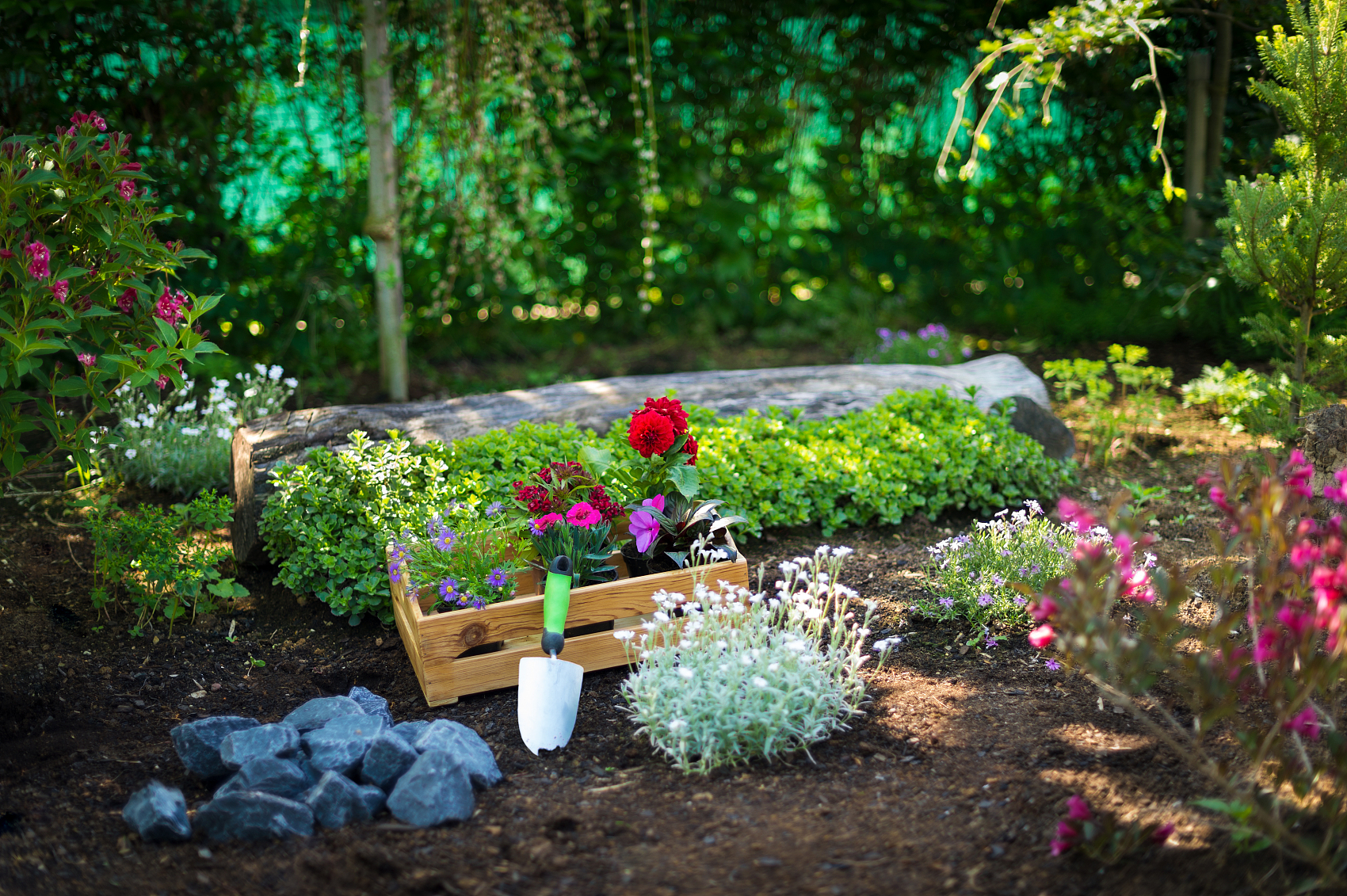Keep Your Pup Healthy: Tips for Preventing Infections
Your dog isn’t just a pet—they’re family. And just like any family member, they’re prone to infections that can affect their happiness and health. Whether they love rolling in the mud or exploring every corner of your yard, it’s important to give them the care they need to stay clean and healthy.
A little attention to their paws, ears, eyes, and overall hygiene can go a long way in keeping them infection-free. After all, a clean dog is a happy, healthy dog!
Common Areas Prone to Infections
1. Paws
Dogs’ paws take a beating from all that running, digging, and exploring. Without proper care, they can develop issues like:
- Allergies or fungal infections like yeast and ringworm.
- Cuts, cracks, and abrasions that can worsen if left untreated.
Signs of infection include redness, swelling, itchiness, or discharge. Regular cleaning and checking for injuries can prevent these problems.
2. Eyes
Dogs can get pink eye (conjunctivitis) just like humans! Causes include:
- Trauma or irritation from foreign objects, smoke, or pollution.
- Unclean eyes, which can lead to discharge, redness, cloudiness, and even more serious conditions.
Gently cleaning your dog’s eyes and keeping them free from irritants can help avoid these issues.

3. Ears
Dogs with floppy ears are especially prone to infections, often caused by yeast or bacteria. Signs to watch for include:
- Whining, scratching, or frequent head shaking.
- A bad odor or visible redness in the ears.
If left untreated, these infections can lead to permanent damage to the ear canal. Regular ear checks and cleaning are crucial.
How to Keep Your Dog Healthy
You can easily check your dog for signs of trouble at home with these simple steps:
- Check their paws for dryness, redness, cuts, or swelling.
- Examine their eyes for redness, discharge, or cloudiness.
- Inspect their ears for dirt, redness, or signs of irritation.
- Run your hands through their coat to feel for abrasions, dirt, or hidden debris.
If you notice anything unusual, don’t wait—take your dog to the vet. Early intervention is key to keeping small problems from becoming big ones.
Bottom Line
A little effort goes a long way in ensuring your furry friend stays healthy and happy. Regular checks and cleaning at home can prevent infections and reduce vet visits. But if something seems off, don’t hesitate—better safe than sorry!
Your dog deserves the best care—because a healthy pup is a happy pup.













